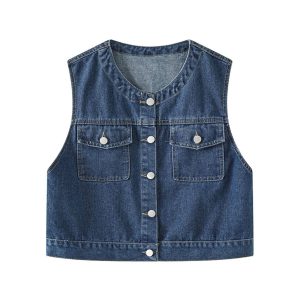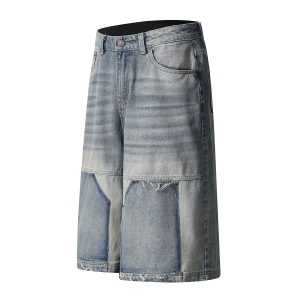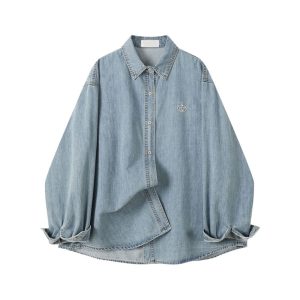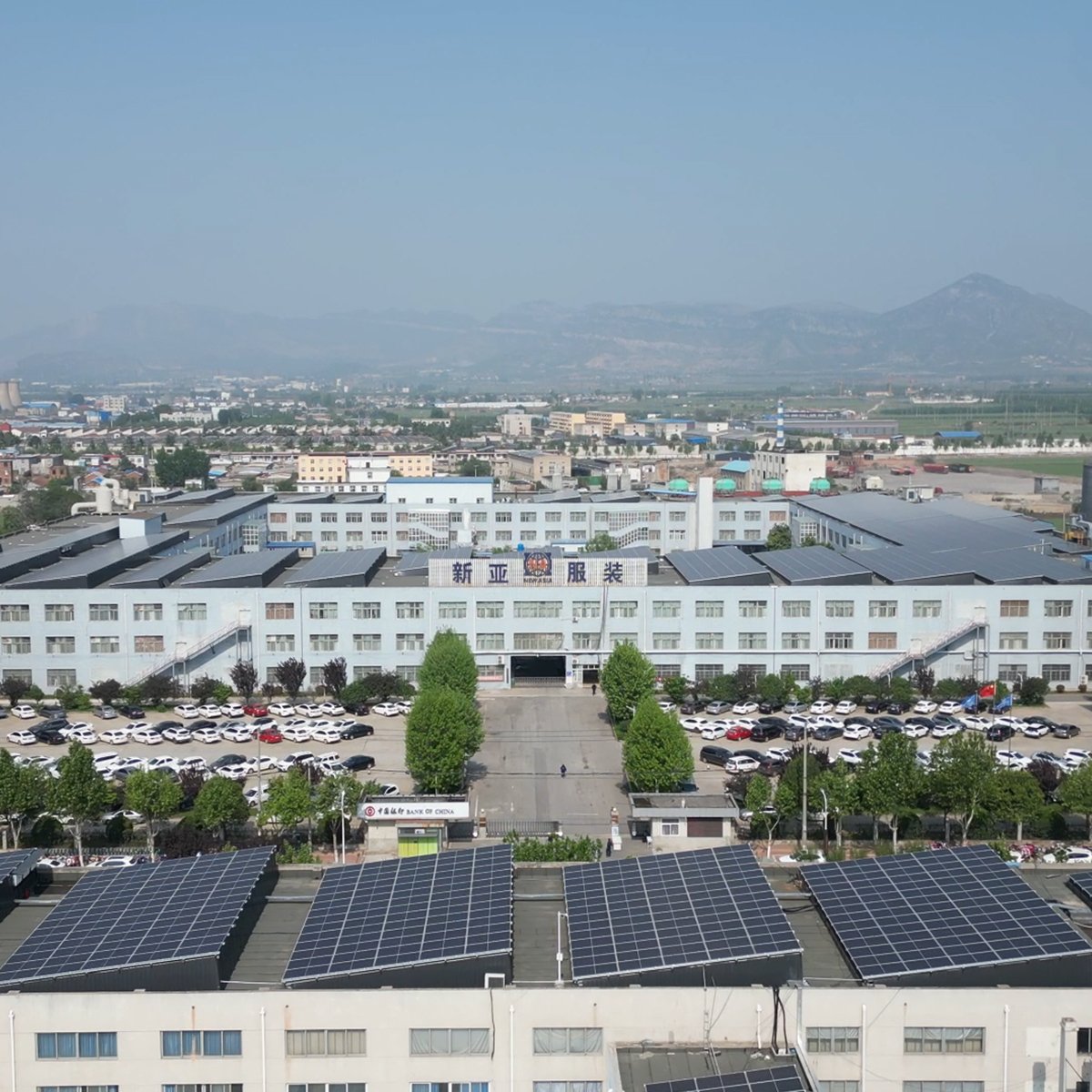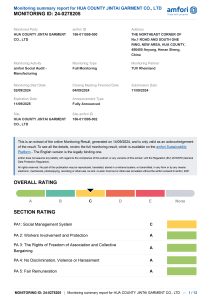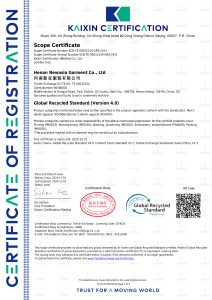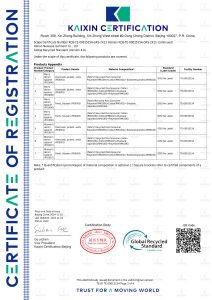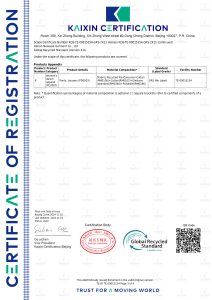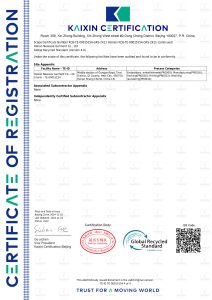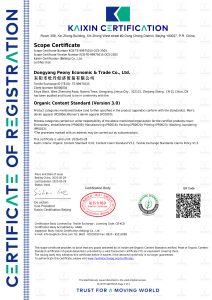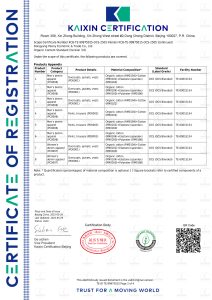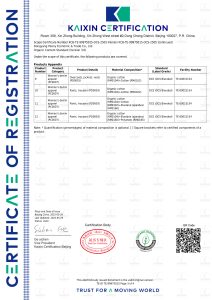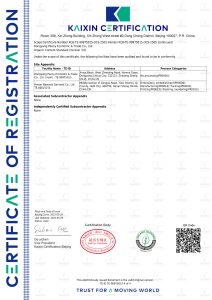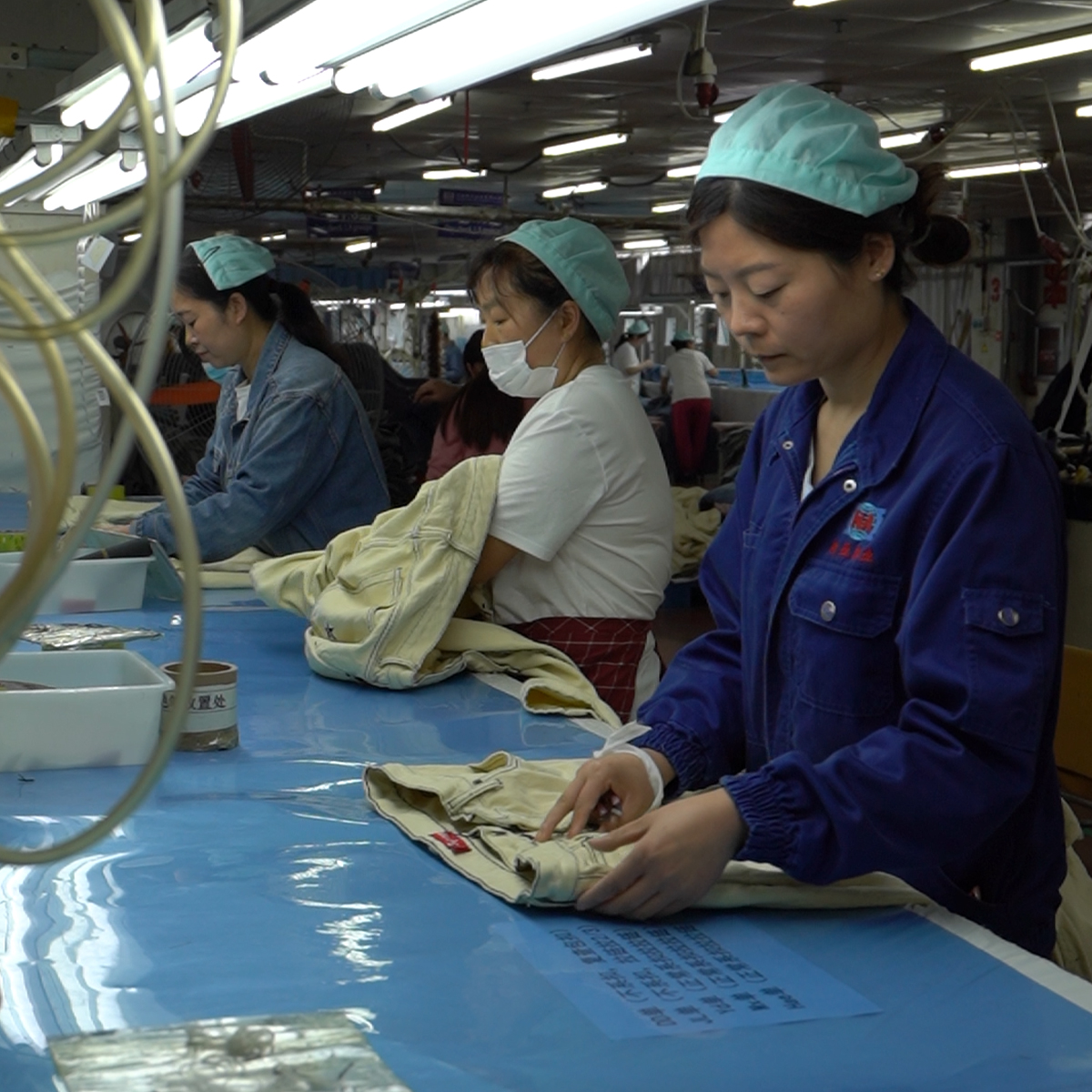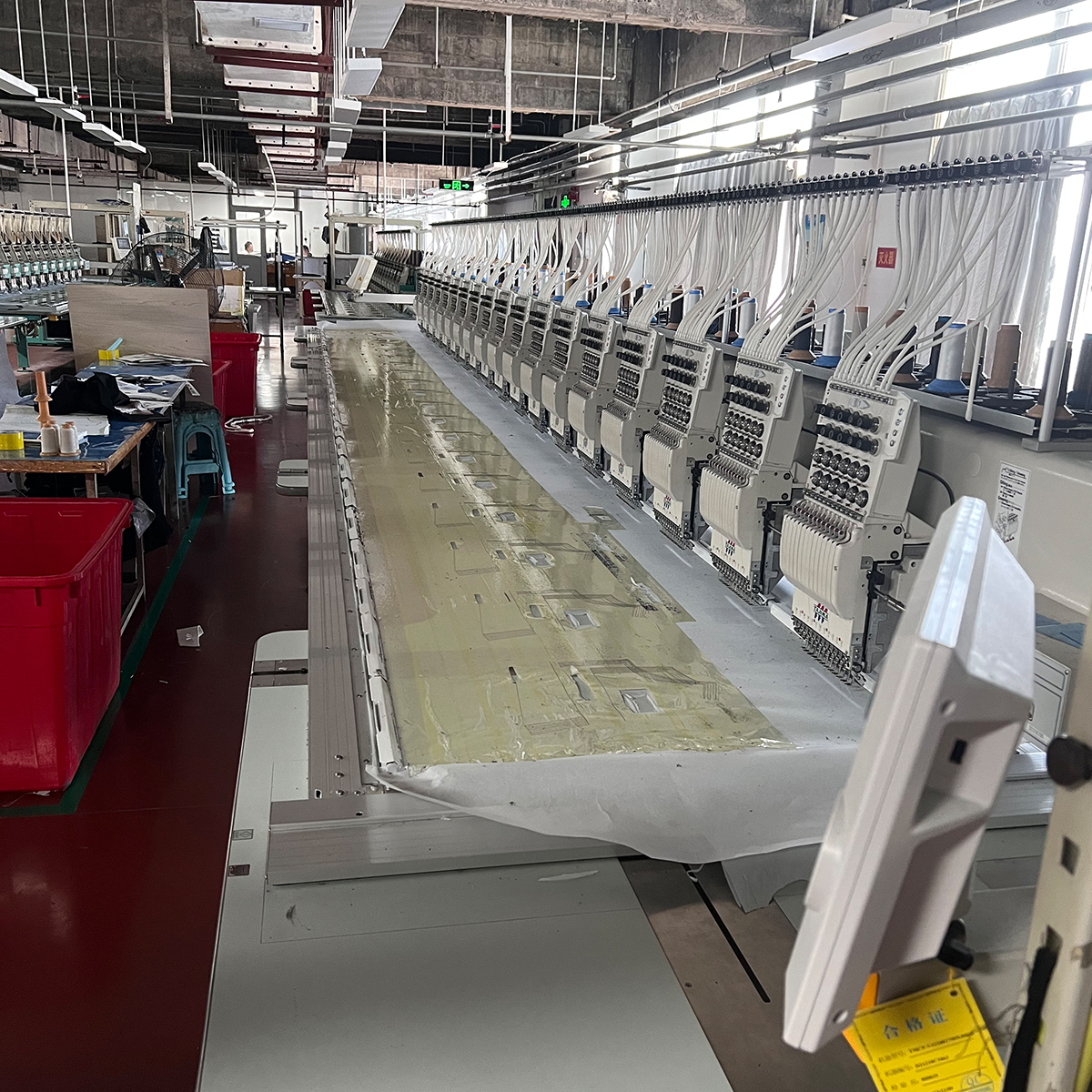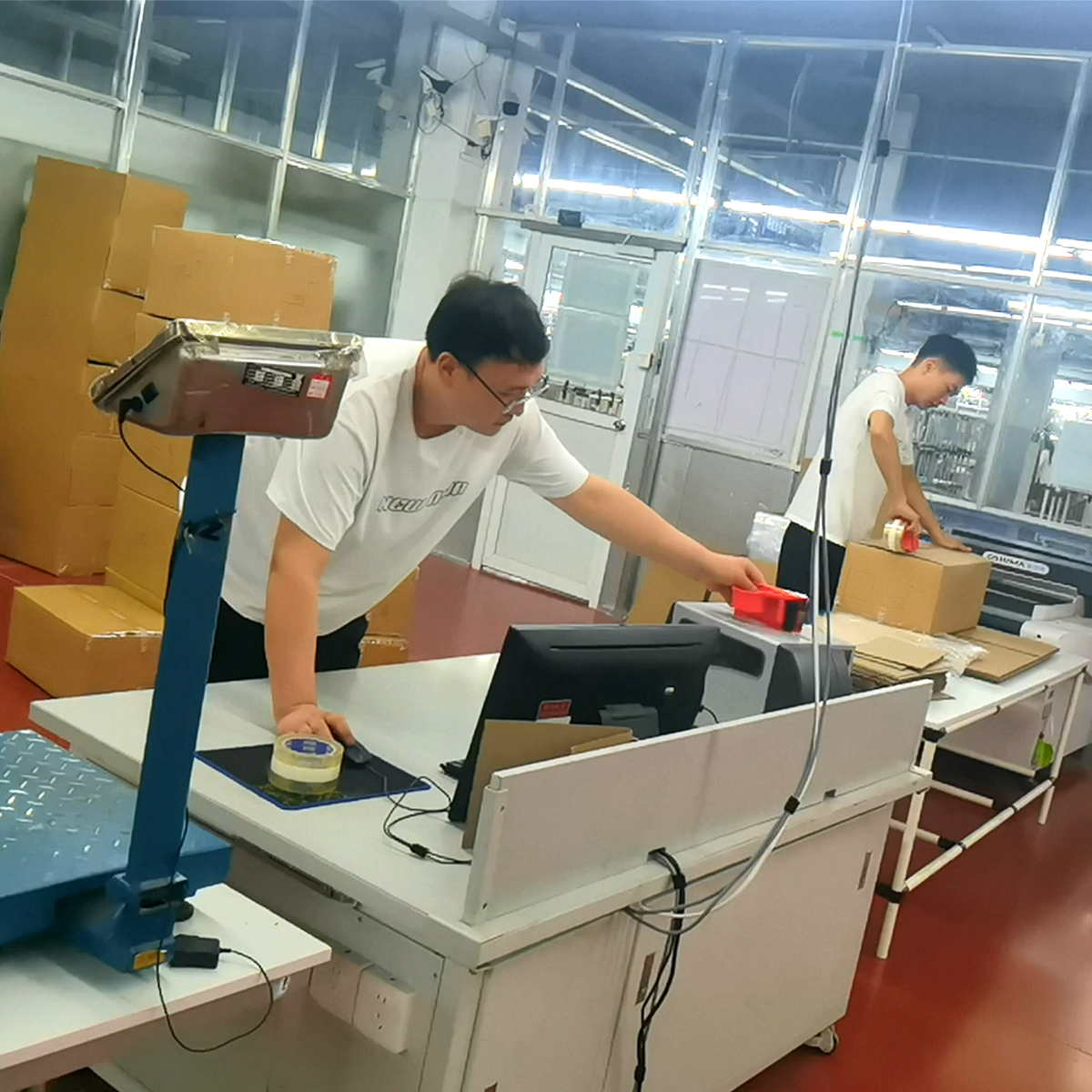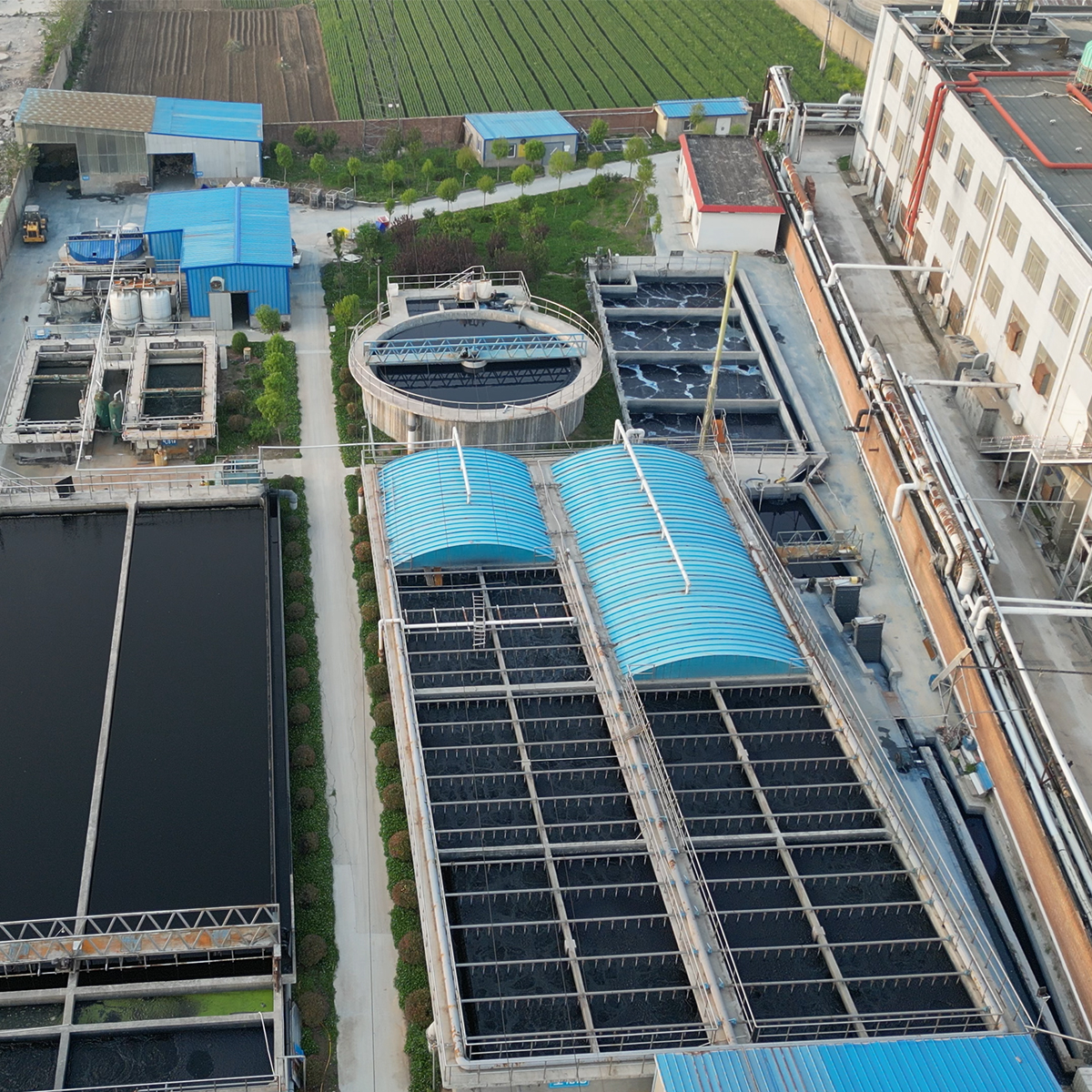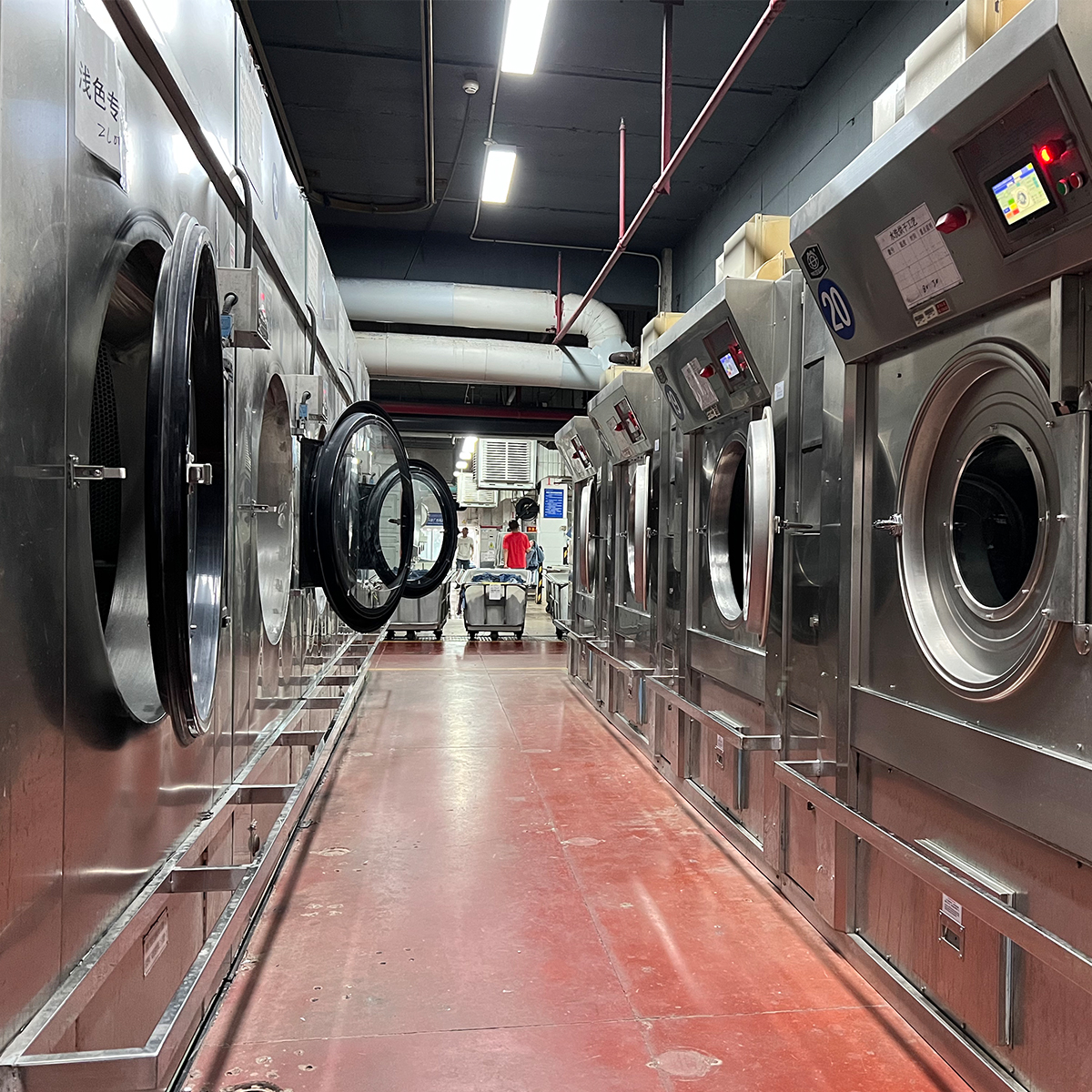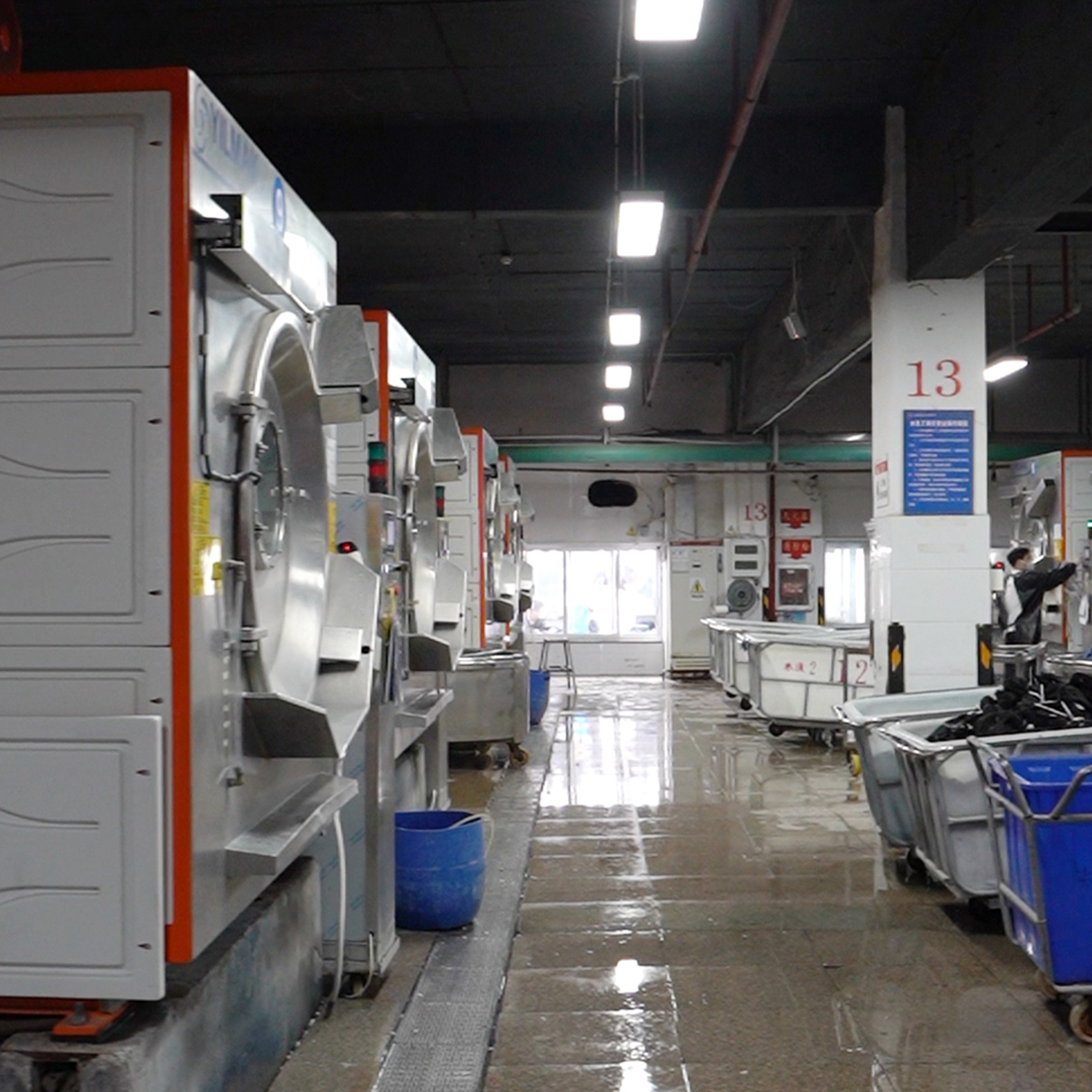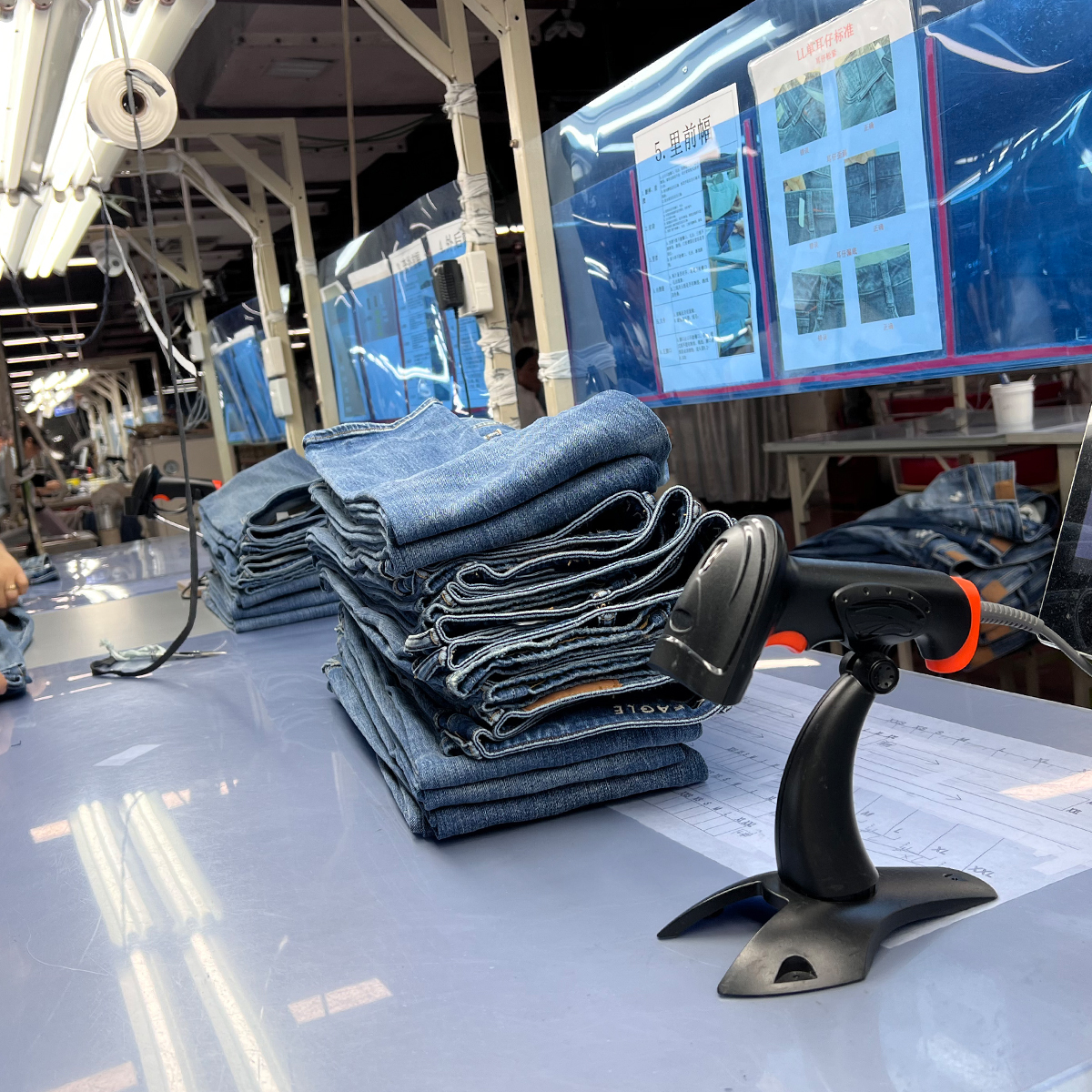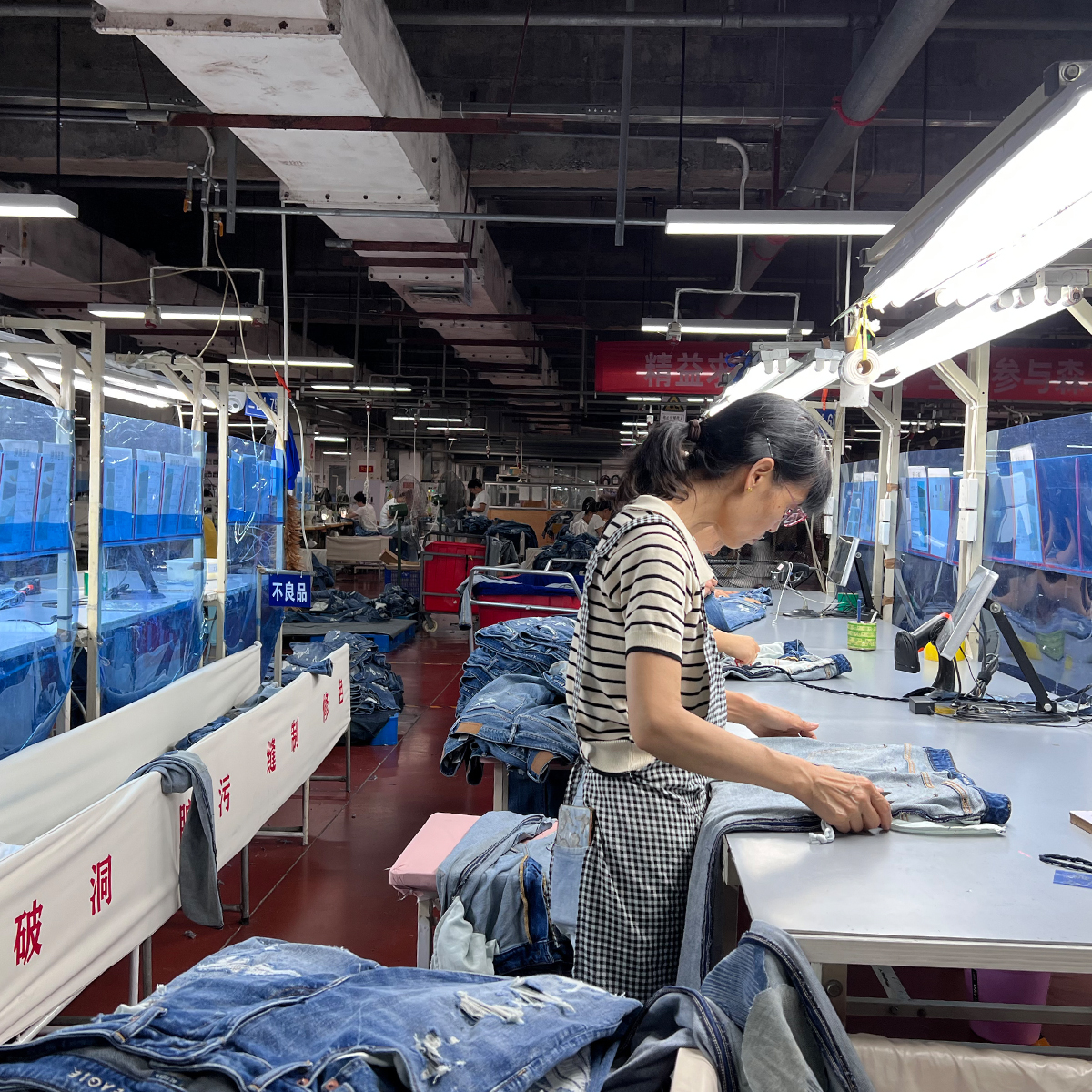Denim, a fabric that has stood the test of time, transcends generations and fashion trends. It’s a staple in wardrobes across the globe and has molded its identity into cultures worldwide. In India, particularly in Bangalore, the denim manufacturing industry has exploded, bringing forth innovative designs, sustainable practices, and a new direction in fashion. In this article, we will delve into the realm of Bangalore’s jeans manufacturers, exploring their craftsmanship, sustainability practices, and the vibrant culture that drives this thriving industry.
The Essence of Denim: A Brief History
Before we embark on a journey through the denim industry in Bangalore, it’s essential to understand the evolution of denim. Originally designed as a durable fabric for laborers in the late 19th century, denim has transformed into a fashion statement embraced by all walks of life. Jean jackets, distressed jeans, flared styles, skinny cuts – the variety is endless. This metamorphosis signifies not just fashion evolution, but cultural shifts and a profound connection with the youth.
Bangalore: The Denim Hub of India
Bangalore, affectionately called the ‘Silicon Valley of India,’ is not just known for its tech startups and innovation but also for its vibrant textile industry. With a population that thrives on creativity and diverse influences, it serves as a melting pot for denim manufacturers. Several companies have established their roots in this city, providing quality denim products that cater to domestic and international markets alike.
Innovative Manufacturers Setting Trends
As an emerging leader in the fashion industry, Bangalore boasts several notable jeans manufacturers that blend traditional craftsmanship with modern technology. Here are a few prominent ones:
- Denim Co. – Renowned for its eco-friendly manufacturing processes, Denim Co. has made significant strides in reducing waste and water usage. They offer an extensive range of styles, including premium denim, casual wear, and bespoke solutions for fashion brands worldwide.
- Bangalore Denim Mills – With a commitment to innovation, this manufacturer focuses on sustainable production methods. They use organic cotton and recycling practices that position them as a conscious choice for consumers who care about the environment.
- BlueStar Jeans – Known for their stylish cuts and contemporary designs, BlueStar Jeans is a favorite among the urban youth. They utilize cutting-edge technology in their production, ensuring high-quality products that reflect the latest fashion trends.
The Sustainable Fabric: Eco-Friendly Practices in Denim Production
As consumer awareness regarding environmental issues rises, the denim manufacturing industry is evolving. Bangalore’s manufacturers are taking steps towards sustainability, implementing practices that reduce their ecological footprint. This includes:
- Waterless Techniques – Traditional denim processing consumes significant amounts of water. Manufacturers in Bangalore are now adopting waterless dyeing techniques and innovative finishing processes that significantly cut down on water usage.
- Organic Cotton Usage – By sourcing organic cotton, manufacturers are reducing the reliance on pesticides and chemicals. This practice not only benefits the environment but also offers consumers healthier clothing options.
- Recycling and Upcycling – Many jeans manufacturers are incorporating recycled materials into their production processes. By utilizing post-consumer waste, they are curbing the demand for virgin resources and promoting a circular economy.
Fashion Meets Technology: The Role of Innovation in Denim Manufacturing
Innovation plays a pivotal role in the evolution of denim. The use of advanced technology in manufacturing processes has redefined how jeans are produced. From 3D modeling to automated cutting, manufacturers in Bangalore are leveraging technology to enhance efficiency and product quality. This has not only reduced production time but has also enabled brands to customize their offerings to meet the specific preferences of consumers.
The Influence of Local Culture on Denim Designs
As Bangalore continues to inspire designers with its rich cultural heritage, denim manufacturers find themselves at the nexus of tradition and contemporary fashion. Local artisans contribute to the development of unique styles influenced by regional motifs and fabrics. This cultural fusion creates a distinctive product that resonates with both local and global audiences, making Bangalore jeans not just a piece of clothing but a narrative woven into fabric.
Brand Collaboration and the Future of Denim in Bangalore
The synergy between manufacturers and fashion brands has opened new avenues for creativity. Collaborations result in limited-edition collections that celebrate both the artistry of Bangalore’s manufacturers and the visionary designs of fashion brands. This trend emphasizes the importance of partnerships in promoting local craftsmanship while addressing the demands of global fashion.
Challenges Facing the Denim Industry
Despite its thriving presence, the denim manufacturing industry in Bangalore faces several challenges. Market volatility, fluctuating raw material prices, and changing consumer preferences pose significant hurdles. Additionally, the push for sustainability requires manufacturers to innovate continually and adopt greener practices, often necessitating investments that smaller enterprises may struggle to afford.
Looking Ahead: The Future of Denim in Bangalore
As we contemplate the future of denim manufacturing in Bangalore, it becomes clear that adaptability will be key. With the rise of e-commerce and changing consumer behaviors, manufacturers must embrace digital transformation. Furthermore, the emphasis on sustainability and ethical practices will shape the industry’s trajectory, pushing manufacturers to redefine their business models and engage with consumers more authentically.
Bangalore’s denim manufacturers are not just producers of fabric but creators of lifestyle and identity. Their commitment to quality, culture, and innovation continues to set them apart in a competitive market. The city stands as a testament to the resilience of the denim industry, showcasing how tradition can evolve while remaining relevant in an ever-changing world.



